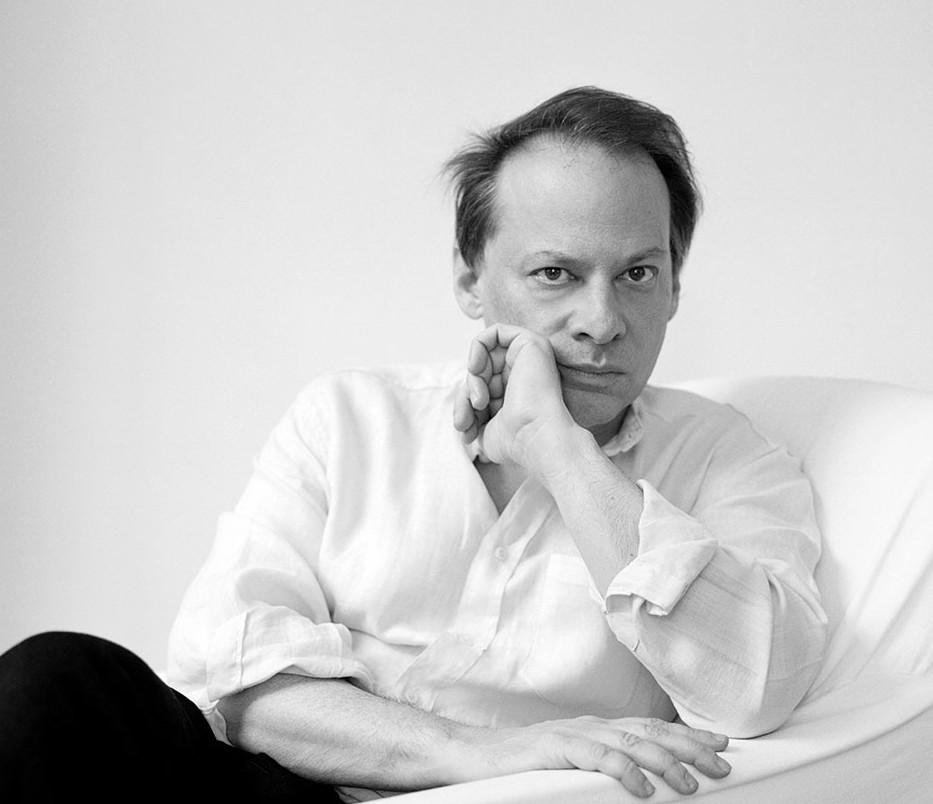When Adam Gopnik was growing up in 1970s Montreal, he chose to steer clear of CEGEP. Instead—like Will Hunting—he simply went to the library and read. The choice appears to have paid off. Since completing his BA in Art History, the McGill alumnus (’80) has become an esteemed author, with three National Magazine Awards and a George Polk Award for Magazine Reporting to his name. His essays in the New Yorker magazine, where Gopnik is a staff writer, deal with a wide range of topics. From art, to science, to anthropology, they remain edifying without verging on the pedagogic, imbued with a light, measured humour. After his recent Macnamara lecture on learning and mastery at McGill, the Tribune spoke to Gopnik about the process which led to his literary success.
MT: You came to writing through art criticism. How did you develop the interest to write on other topics?
AG: I don’t know that I ever did, really. It’s like the matrix—more of a three dimensional illusion of erudition than the real thing. The truth is I never really wanted to be an art critic in particular, it just was an accident of my own personal history that I found myself in New York City with a scholarship to do graduate work in art history. It was a way of getting from Montreal to New York. Once I’d done that, I had a certain expertise in art … that was a very natural thing for me to be writing about. But the art history was much more instrumental to my ambitions as a writer, than writing was instrumental for my desire to be an art historian, or an art critic.
MT: Did it provide a base of historical context and a cultural awareness, or is it just the fact that you read so much?
AG: Yes, it did—I got my basic training in … research [when] doing academic work in art history, but the simple truth is I think I would’ve done exactly the same things that I picked up in art history. The real foundational moments in the making of my own mind came from going into a library when I was 16 or 15. I think those were really the crucial years, and the experience of digging deep in a library and taking pleasure in it, finding that it’s a reliable source of pleasure for me—that shaped my mind. My mind worked better at that age than it has since, and to the degree that I’m able to do good work now, I really feed off the capital that I’d accumulated in those years.
MT: What is a key piece of advice for someone who wants to write?
AG: There’s a piece of practical advice I always give. The key to actually writing things is taking the mental task of writing, and transforming it into the physical task that your mind and intuitions are invariably smarter and truer than you are. It always happens to be that the things that people like best or enjoy the most in my own writing are things I was scarcely aware of when I was writing them. It just seems to be the seamless, the obvious, the self-evident way. So the trick with writing is to trust your own mind, and to simply put the words down on paper, or in pixel form, and the only way to do that, that I’ve found in 30 years of doing it, is to simply centre it not in your head, but in the pit of your stomach, and make it a task like riding a stationary bicycle at a health club. And when you succeed in making it a physical task, you can astonish yourself in spite of the relentless and never-ending exasperations and aggravations of the task of writing. Just as if you go to the gym every day and ride the bike for 40 minutes, your lungs expand; if you sit and simply try and write as though you were riding a bike, your work expands. It’s the same advice that every writer always gives, that you just have to apply yourself to it; but I mean it in a more encouraging sense: you don’t have to apply yourself to it intelligently, you just have to apply yourself. If you have anything to say, if you have any reservoir of wit or feeling in your mind, it will be expressed.
MT: What is the most important thing for students to get out of their university experience?
AG: Nobody knows what will prepare you for the work you’re going to do, and the work you’re going to have. I did art history, and that turned out to occupy a very small part of my life. It’s part of my pleasures, because I love going to museums and galleries, but it’s not what I ended up writing about. All of that effort—memorizing lists of post-impressionists, or the iconography of the Pergamon Altar—was wasted. But of course, in another way, it wasn’t, because what’s at the core of education is accomplishment—that is, mastering something, whether it’s a system of guitar chords, or magic tricks, or the name of post-impressionists, or the iconography of the Pergamon Altar. Once you’ve demonstrated to yourself that you’re capable of mastery, then any kind of mastery you tend to approach in life tends to yield much more easily to you. The thing I would tell any student is master something; really learn it, whether it’s the piano, or the history of science.
Adam Gopnik’s latest book, The Table Comes First: France, Family, and the Meaning of Food, is available in stores now.








